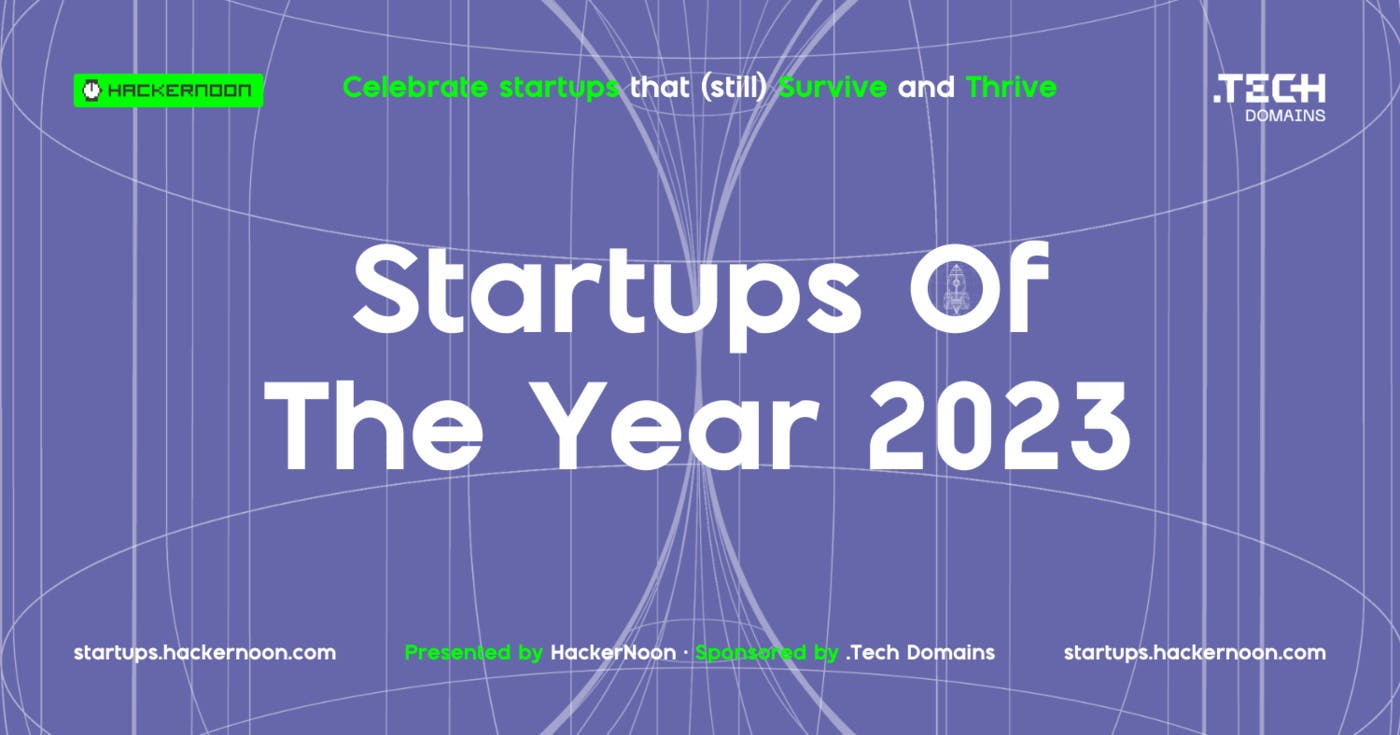200 reads
Meet Neliti, Winner of the Startups of the Year in Singapore
by
February 5th, 2024
Audio Presented by

Healthcare technology leader with deep experience in patient services and commercial life sciences tech.
Story's Credibility

About Author
Healthcare technology leader with deep experience in patient services and commercial life sciences tech.
